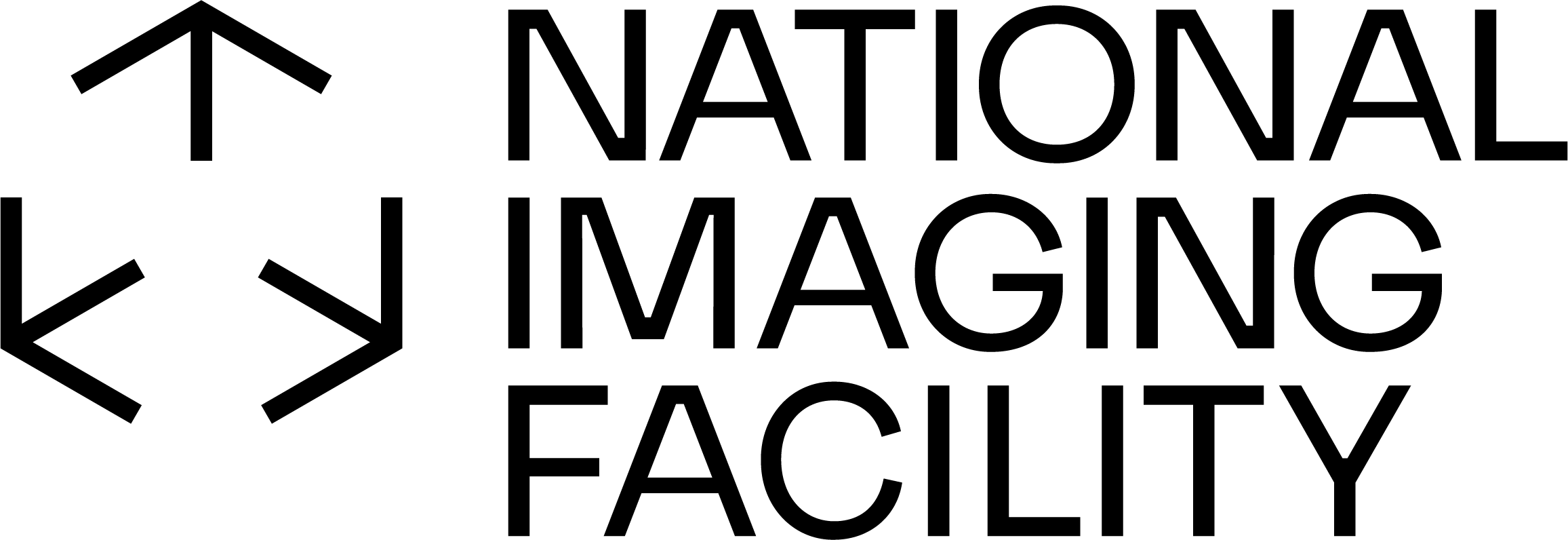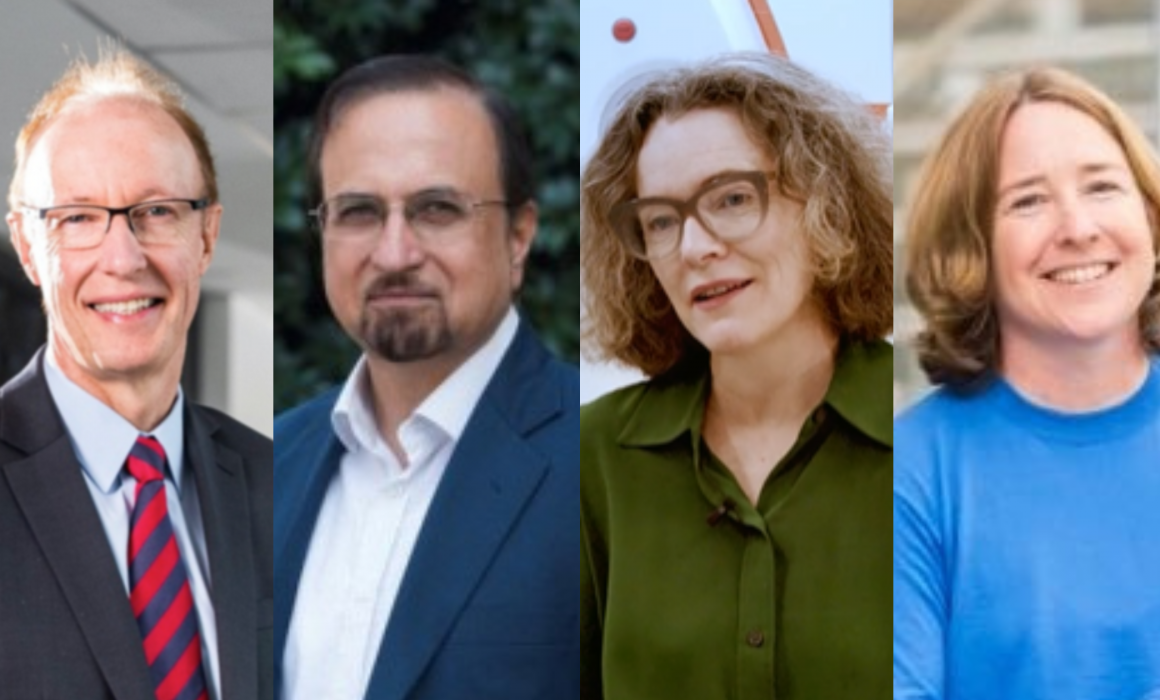NIF collaborators and users funded and recognised among top researchers
NIF is enabling research that has attracted national recognition and funding, with collaborators listed among last year’s top medical researchers in The Australian, and as recipients of competitive Federal Government support.
Top researchers in health and medical sciences
In case you missed it, NIF collaborators have been listed in The Australian among the top researchers in 2022, covering expertise in areas including neurodegenerative disease, neuropsychiatry, theranostics and nuclear medicine.
The list features researchers in 250 fields of academic endeavour, spanning the sciences, the social sciences through to the humanities and the arts. It aims to shine a light on what they do and the benefits they bring to the country.
The weight of a researcher’s contribution was judged through citations from other researchers in their publications.
NIF collaborators and users included:
- University of Melbourne Professor Christopher Rowe, for research in gerontology and geriatric medicine, covering dementia research, patient care and leadership in molecular imaging research at Austin Health and at the Florey Department of Neuroscience and Mental Health
- University of NSW Professor Perminder Sachdev, recognised for work in neurology, with a focus on conditions such as drug-induced movement disorders, Tourette syndrome, secondary psychosis, healthy brain ageing and dementia, in particular Alzheimer’s disease and vascular dementia, and research into new interventions such as brain stimulation for neuropsychiatric disorders
- Professor Louise Emmett, a keynote speaker at National Imaging Facility (NIF) Scientific Symposium, listed for work in nuclear medicine, radiotherapy and molecular imaging at the University of NSW and St Vincent’s Hospital in Sydney.
Australian Research Council support for Centre of Excellence
Professor Michelle Watt from the University of Melbourne is part of a collaboration that has secured $35 million in funding as part of a new Australian Research Council Centre of Excellence (CoE) in Plants for Space.
The centre aims to create on-demand, zero-waste, high-efficiency plants for better sustainability for space habitation, with the team covering aspects such as process and systems engineering, law, policy and psychology.
It will make use of imaging equipment at the University of Melbourne Brain Imaging Centre Unit, where NIF support and work from NIF Node Director Professor Leigh Johnston and NIF Fellow Dr Edward Green have contributed to a Functional Plant Imaging Capability, in collaboration with Professor Watt.
Professor Watt combines imaging and sensor technologies with modelling to understand how roots function in increasingly dynamic climates – and how to increase productivity and decrease environmental impacts.



